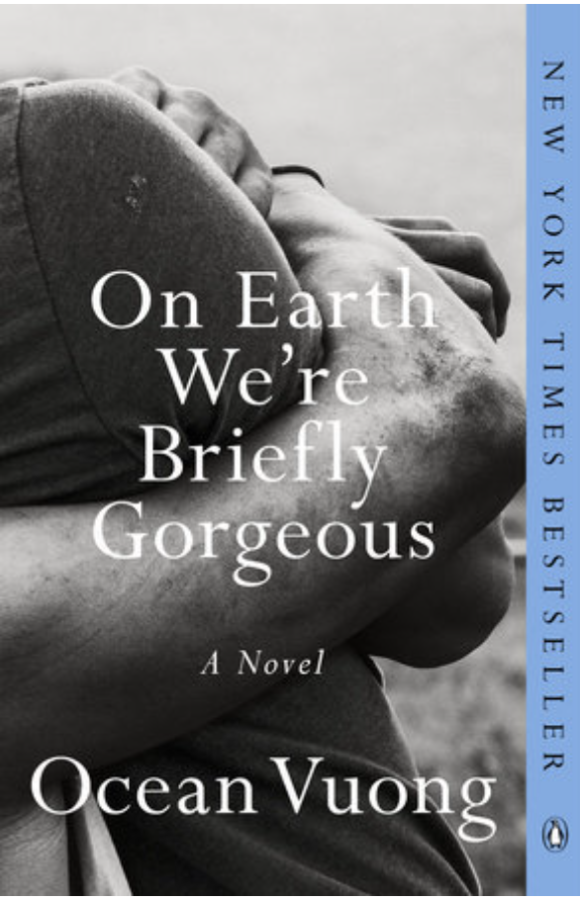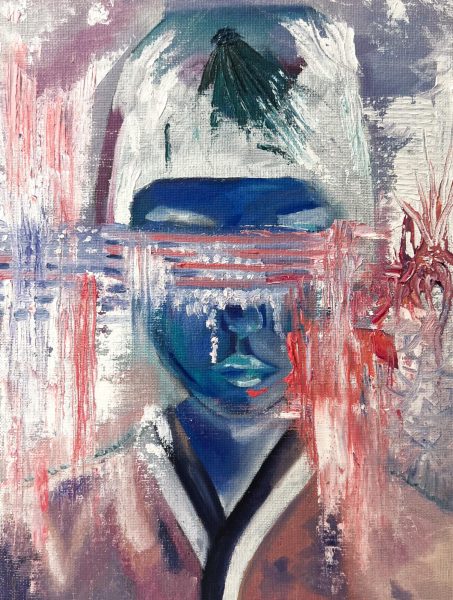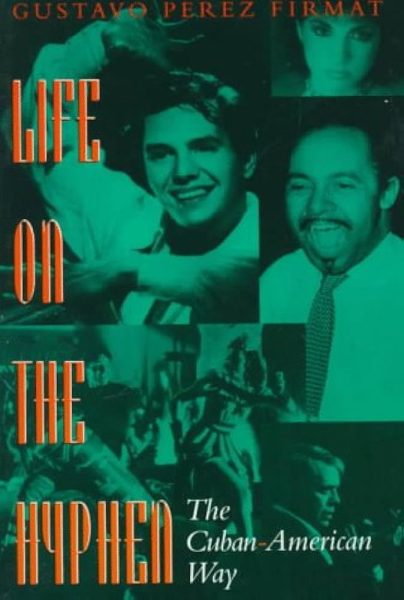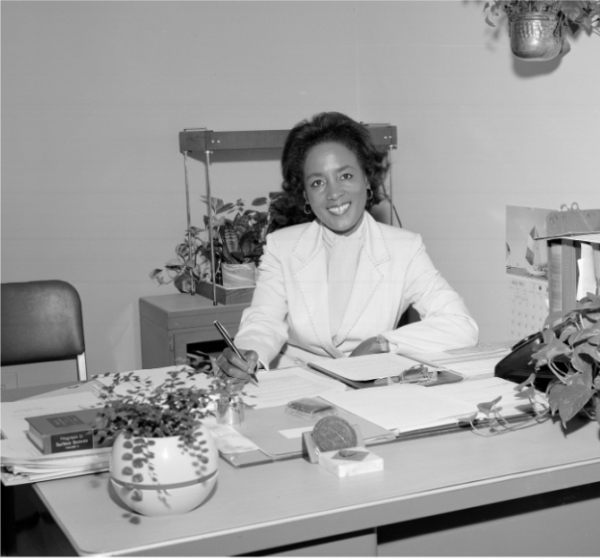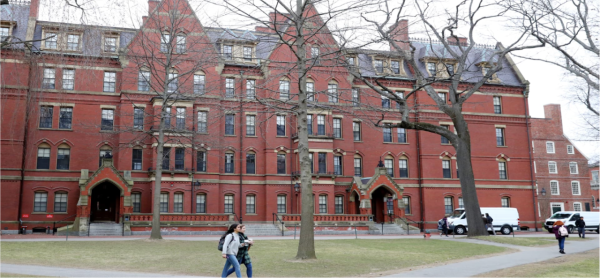AAPI Heritage Month: Celebrate with Some Asian Literature!
(Cover of Ocean Vuong’s debut novel, On Earth We’re Briefly Gorgeous. Courtesy of https://www.penguinrandomhouse.com/)
May 17, 2023
Happy AAPI Heritage Month! The month of May is dedicated to celebrating and honoring the Asian American community for their contributions to culture, community, and achievements in America. However, it is important to remember that once May ends, it does not mean that we stop celebrating the Asian community. The same goes with every month and celebration because everyone deserves to be celebrated and honored for their existence. One of my favorite ways to engage with different cultures is through the media!
Asian media in the form of TV shows, movies, etc. has only been growing in popularity. As an Asian American myself, I cannot overstate how valuable it is for young Asian Americans to see an accurate representation of themselves and see ourselves take up spaces that have been dominated by the white majority for centuries.
Books are also an amazing way to soak in some Asian culture well beyond the month of May. Coming from someone who barely ever read these books, here are my top 4 (four) picks of books by Asian authors that have fundamentally changed me (and that is not an exaggeration).
Please also realize that not all of the AAPI community is a monolith: we don’t all look the same and we come from all different, beautiful, unique, and distinct cultures. Though some experiences may be shared, not all of our experiences are the same. I ask that you keep this in mind this month and beyond as well. I urge you to go out and explore the many many more amazing voices and stories that have yet to be heard.
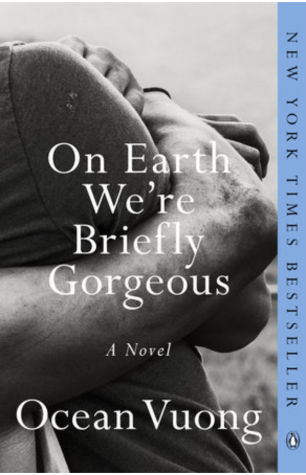
On Earth We’re Briefly Gorgeous is a semi-autobiographical novel that is written as a letter to the narrator’s deceased mother. Ocean Vuong is a Vietnamese-American, originally born in Saigon and immigrating to the States when he was 2 years old. His experience is very much reflected throughout his debut novel. The story delves into the deep nuances that are faced by many young Asian Americans today; it explores the narrator’s experience of being queer, growing up with his mother and grandmother that are living with PTSD and schizophrenia from the Vietnam War, being an Asian American writer, growing up in the American education system, and much more. I personally began reading Vuong’s poetry, as it is his main craft, and I instantly fell in love. You can utterly feel every word that is on the page, and his novel does exactly that as well. The novel, as I like to describe it, is grotesquely beautiful, as he is unapologetically raw about his experiences and how he lives with them. It is an absolute must-read and I also highly recommend his poetry books Time is a Mother and Night Sky with Exit Wounds.
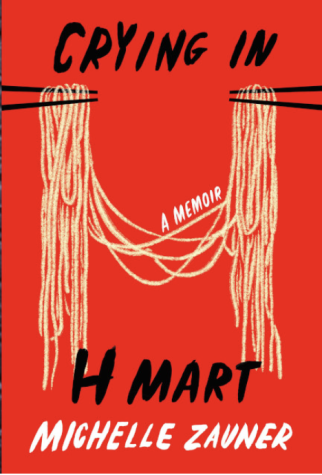
Crying in H Mart is a memoir of Michelle Zauner to her deceased mother; it explores the very personal yet somewhat shared relationship that many Asian Americans share with their mothers. The passing of her mother, very much speaks to a loss of a parental figure, but also a part of her identity: she has virtually lost the community and culture that she felt she only had access to through her mother. Though it centers around her mother’s death, it explores much more, such as Zauner’s personal relationship with her Korean identity, which comes from her mother, and her American identity, which comes from her father, and particularly how she deals with the nuances of that experience. It particularly was touching because it also explored how Zauner particularly connected her Korean heritage to food, and how the Korean market chain H-Mart (hence the title) plays a special role in the hearts of many Korean Americans, but also all Asian Americans across the board. This was a very unexpectedly compelling book for me to read and it personally touched me in ways that I didn’t expect the book to, in all the best ways!
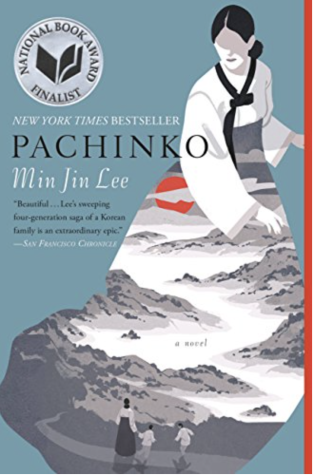
Pachinko is a novel that follows the story of four generations of a family that starts from the Japanese occupation in Korea during the 1910s all the way to the end of the modern 1990s. Though fiction, this novel touches on very real experiences of Koreans and deeply explores the generation connection that is grounded in the Korean identity. Though quite long, this book was one that truly helped me dive into the plethora of Asian authors. The story is absolutely emotional and compelling because it allowed me to really deeply explore the untold story of Korean history that has affected the generations that came before me. It is eye-opening to the generational trauma of a country under colonization but also the perseverance and survival of a people that create the Korean American identity I, and many more, now live with. This was a book that I could truly not let go of and I could talk about it for days on end!
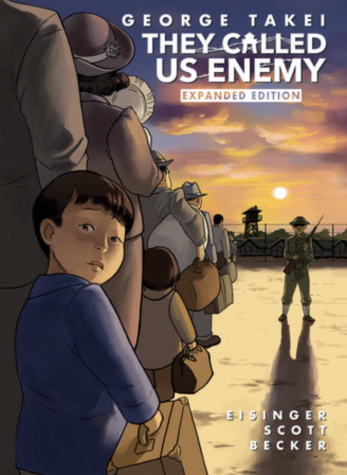
They Called Us Enemy is a graphic novel that is a memoir written by actor George Takei’s personal experience in the Japanese Internment Camps during WWII. It showcases the reality of Japanese Internment, which was the unjust imprisonment of Americans of Japanese ancestry after the anti-Asian sentiment that was rampant after Pearl Harbor. It was an absolute human rights violation of a huge proportion, and the story often goes unheard of. It is important to familiarize ourselves with this chapter in American history and understand the very real atrocities that Asian Americans have faced in this country. The novel was filled with heartwarming yet saddening scenes that shed much-needed light on this part of American history.
These books are just the tip of the iceberg. There are so many more valuable stories and voices to uncover that attest to the beauty of the Asian mind. It is particularly important for Asian creativity to be recognized; with the stereotype of either being born with a natural talent or having gone through the “Tiger Mom,” Asian creativity is finally being recognized. Asian creativity and all its beauty are real and raw, and I hope that you can see it and hear it and feel it.
Once again, Happy AAPI Heritage Month, and let’s all learn to continue to celebrate everyone all 365 days of the year!



